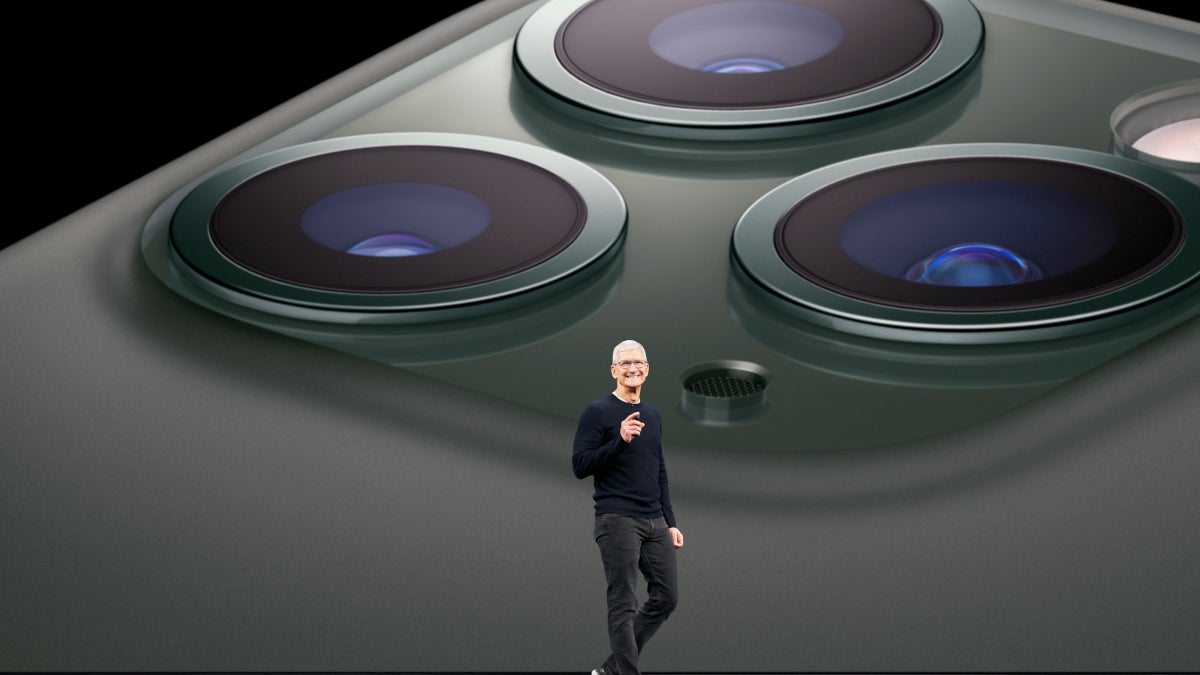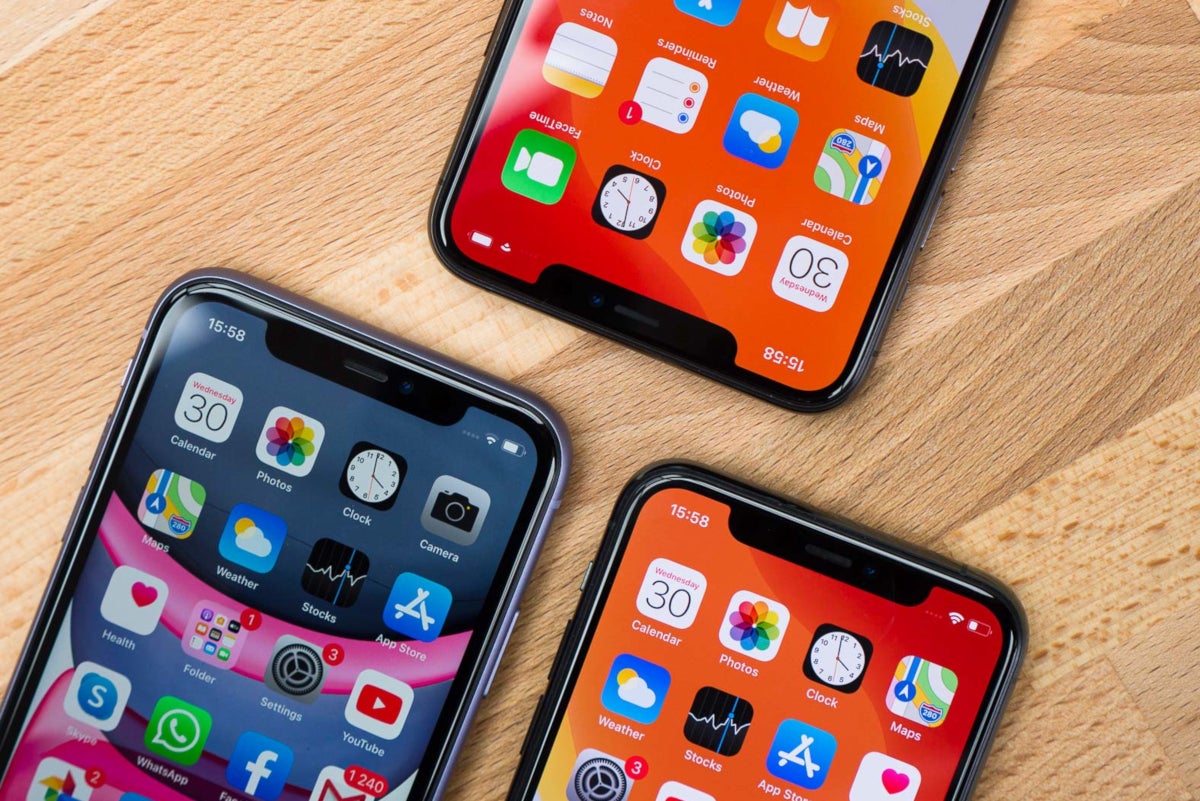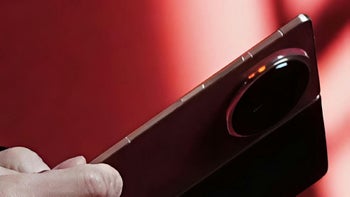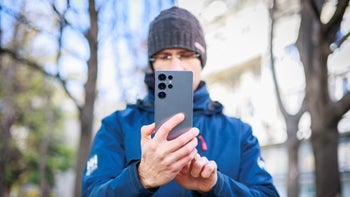Apple's valuation declines nearly $100 billion as CEO Cook faces his toughest opponent

Continued fears about the spread of the coronavirus and a huge sell-off in oil prices combined to crater global stock markets on Monday morning. As a result, U.S. stocks opened the week down 7% forcing a 15-minute trading freeze to go into effect. Apple, which closed Friday at $289.03 a share, opened 8.7% lower at $263.75. Despite the sell-off, the company's valuation remains well over the one trillion dollar mark. The tech giant was the first publicly traded U.S. firm to reach that valuation level in August of 2018.
Apple has since recovered a little and is currently trading at $271. However, the company has seen its valuation decline by $97 billion just over the weekend. Production of Apple's most important product, the iPhone, has been severely affected by the coronavirus as assembly lines ground to a halt at the Chinese factories that produce the device. Only now are the they slowly ramping back up. As we told you just the other day, 2019 iPhone models are getting hard to find in New York City and this could be a microcosm for the supply situation throughout other major cities.
Apple CEO Cook has already steered the company through difficult times but this might be the worst
The company has already admitted that it will report revenue for the fiscal second quarter (covering the three months from January through March) below the low end of the $263 billion-$267 billion projection made by the firm at the end of January. At the end of this month, Apple is expected to unveil some new products including the entry-level iPhone 9 (aka iPhone SE2) and two new iPad Pro models. Even if the company stays on schedule and introduces the new iPhone on March 31st, crystal ball wielding analyst Ming-Chi Kuo expects demand for the handset to greatly outpace supply until the assembly lines can return to normal speeds. And even the first 5G iPhone models, not due to be introduced until September, could face a one month delay according to several Wall Street number crunchers.

Production of the Apple iPhone 11 series could be weeks away from returning to normal
Apple's problem isn't strictly limited to production issues. The coronavirus also forced Apple to shut the doors of all 42 Apple Stores in China before reopening 29 of them for eight hour days; these stores usually have their doors open for 12 hours each day.
This might be one of the rockiest times that Apple CEO Tim Cook has had to face since he took over from the late Steve Jobs in 2011. You might recall that back in 2019, Apple lowered its revenue guidance for the fourth fiscal quarter of 2018 citing fewer iPhone upgrades than expected. The announcement was made when the stock was the middle of a correction that took it from $227 down under $150 before the next leg of the rally kicked in. And there was the Apple Maps fiasco of 2012. One-year after taking over for Jobs, Apple launched its Google Maps competitor and it was a mess. Countries and streets were mislabeled and some directions took users into dangerous situations. Cook apologized and suggested that iPhone owners use an alternative like Google Maps or Waze until Apple fixed the issues. At the end of the day, the problem with Apple Maps also cost long time software chief Scott Forstall his job.
Cook has also had to navigate Apple's business through the U.S.-China trade war and the imposition of tariffs on certain Apple products manufactured in China and exported to the U.S. While the iPhone has escaped this import tax for now, the tariffs are imposed on some products like the AirPods and the Apple Watch. For now, Apple continues to pay this tax rather than passing the additional costs on to consumers. And the executive also had to deal with the attempt by the FBI to force Apple to unlock an iPhone 5c belonging to San Bernardino shooter Syed Farook. A court ruled against Apple but Cook refused to comply arguing that the company would have to create a special version of iOS for the FBI to unlock the phone. The CEO was afraid that if this software got into the wrong hands, no iPhone owner would be able to protect his or her on-phone data. Eventually, the FBI paid a third-party firm to unlock the terrorist's phone.
Follow us on Google News













Things that are NOT allowed:
To help keep our community safe and free from spam, we apply temporary limits to newly created accounts: